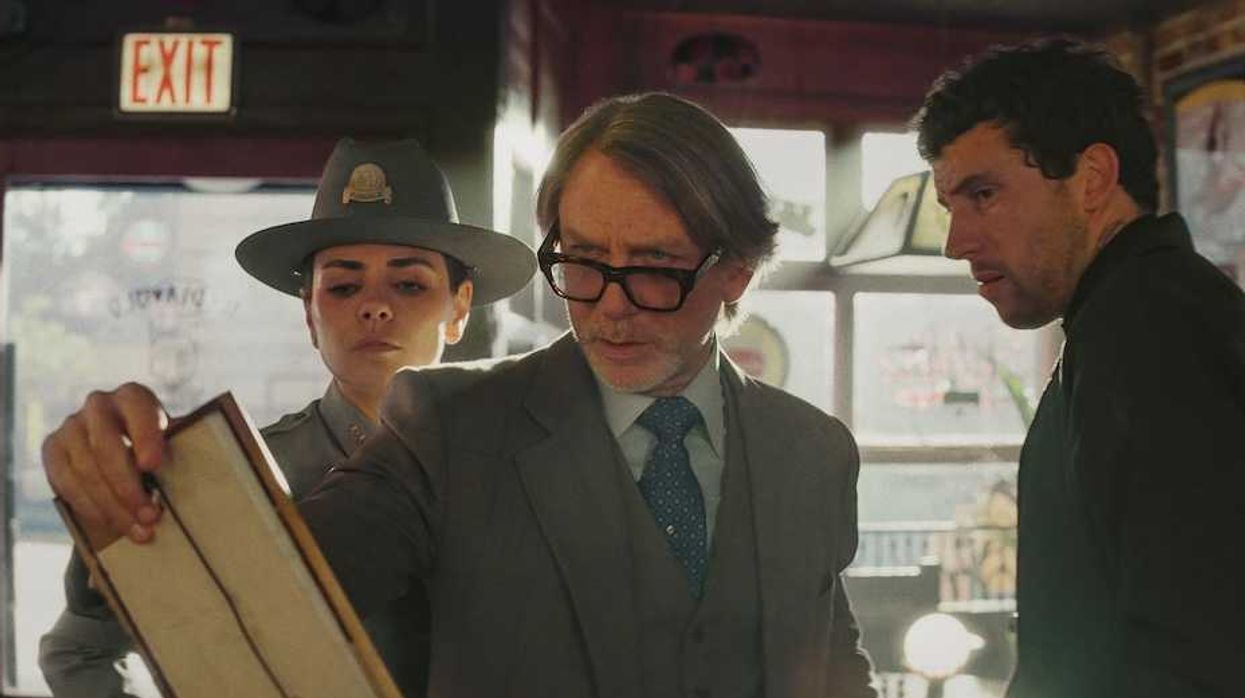The “selfie effect” is a real thing.
Why the “Selfie Effect” Is Causing People to Request Nose Jobs

Nowadays, selfies are everywhere — from Apple’s latest ad campaign to profile photos to the full “selfies” folder on your iPhone, close-up photos of our faces reign supreme. A recent study published in JAMA Facial Plastic Surgery disclosed that even a few years ago, back in 2014, people were snapping 93 billion pictures of themselves on Android phones each day; it’s mindboggling to guess how many selfies we’ve taken over the last half-decade. While selfies can be glamorous, funny, memorable, and even used as your password, researchers have also proven that they can cause unhealthy dysmorphia.

Do you like your facial features when you look in the mirror but feel like they look a little funky or not as attractive to you on your phone screen? If so, you might be observing something the researchers coined the “Selfie Effect,” which primarily causes noticeable distortion to the nose. The effect can be so dramatic that it can make your nose look 30 percent bigger than it actually is. Dr. Anthony Youn, a leading holistic plastic surgeon, explains this modern phenomenon in more detail. “Selfie dysmorphia is a term that describes an unrealistic obsession that many people have with taking selfies, getting rid of their perceived flaws with filters, and then having plastic surgery to try to look like their filtered selfies,” he schools us. “Patients actually bring their filtered and edited selfies to plastic surgeons’ offices and ask them to change their appearance to look like their altered photos.” Boris Pashkover, an assistant professor at Rutgers New Jersey Medical School’s Department of Otolaryngology and co-author of the study, cites patients coming in with selfies and asking specifically to make their noses smaller. Find this to be sad and unfortunate? Dr. Youn agrees and expresses his concern. “This is unsettling for me (as a board-certified plastic surgeon) because most millennials don’t really ‘need’ anything done.”
“People, especially millennials, need to understand that selfies are not accurate representations of how they look,” he continues. “To be honest, selfies are more like a carnival funhouse version of yourself than an accurate representation — and it all has to do with the distance between your face and the camera.” According to Dr. Youn and the study, the closer you position your face to the camera, the more you might perceive your appearance as altered. “Portrait photos are typically taken from a distance, unlike selfies, which can be captured as little as 12 inches from your face. Portrait photographers have known this for years and take their photos accordingly,” he says. “Selfies aren’t a totally accurate depiction of what a person’s face looks like, and they shouldn’t influence the decision to undergo plastic surgery,” he reiterates.
Good news, though: If you’re not thrilled with how your face or nose look in close-up pictures, moving the camera farther away will definitely help — whether you set it up somewhere and use a timer, or get yourself a selfie stick. And there’s always the option of having someone take a photo for you; the extra distance will give you a better picture that accurately depicts how flawless you really are.
What do you think about the “selfie effect”? Sound off on Twitter @BritandCo.


















